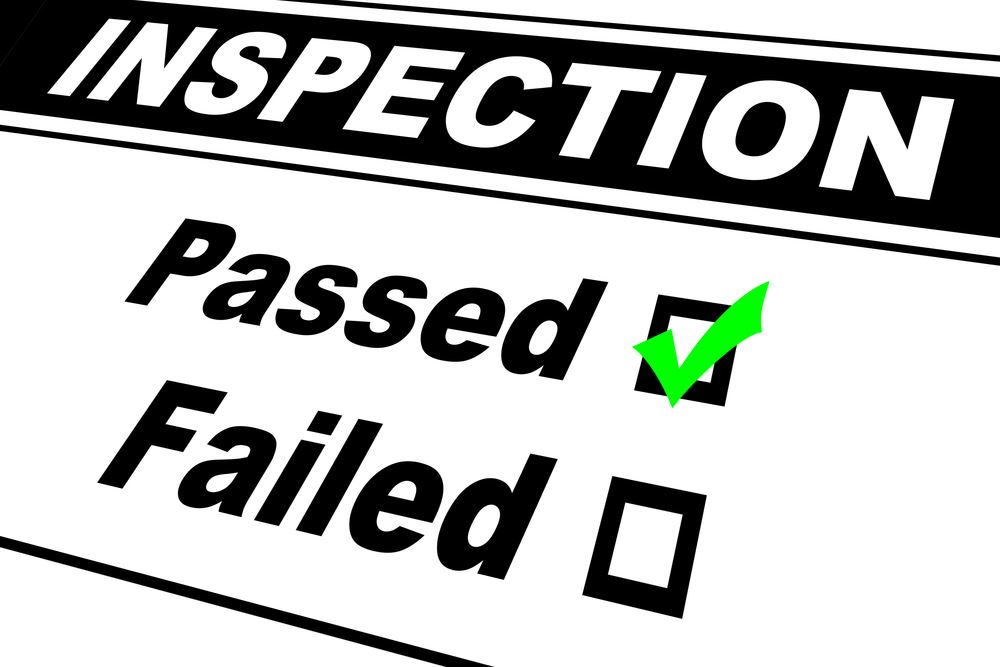 Many novice drivers do not realize how they get selected for a roadside inspection. Actually, there are three methods: noticeable violations, random selection, and the Inspection Selection System (ISS). In this article, we look at the correlation between an elevated CSA score and more frequent roadside inspections.
Many novice drivers do not realize how they get selected for a roadside inspection. Actually, there are three methods: noticeable violations, random selection, and the Inspection Selection System (ISS). In this article, we look at the correlation between an elevated CSA score and more frequent roadside inspections.
Carriers and drivers with higher than average CSA scores transform into upper ISS percentiles that trigger roadside inspections based on their DOT number. Carriers should also consider their ISS scores to keep their fleet insurance cheaper. The higher the score, the higher the risk, which results in higher fleet insurance rates.
Lower scores, however, show the insurance companies your drivers are well-trained and care about the BASICs. Those categories include safe driving, obeying the FMCSA Hours of Service (HOS) rules, driver fitness, refraining from substance and alcohol abuse, keeping up with maintenance, handling HazMat correctly, and collision indicators that predict lower risks.
How CSA Scores Transform into ISS Percentiles
Driver and carriers with high ISS percentiles trigger FMCSA interventions. So, how are CSA scores converted into ISS percentiles? And, more importantly, which percentiles provoke interventions and inspections?
Safety events and the results of roadside inspections that produce violations get assessed CSA severity points. Then, those severity points get placed in a matching BASICs category, i.e., driver safety, HOS compliance, driver fitness, alcohol/drug use or abuse, maintenance, HazMat or cargo control, and collision indicators.
The severity measures get multiplied by the time weight factor depending on other events (collisions, violations, and convictions) in that category within the last two to three years. The more recent the incident, the higher the multiplication factor. An incident in the same category within the previous six months will result in a three-point multiplier, six to 12 months a two-point multiplier, and 12-24 months a one-point multiplier or face value. Incidents assessed to carriers go out 24 months and drivers out to 36 months.
The score totals of severity point times the time-weight multiplier are then adjusted by the number and combination of vehicles and the number of miles driven to come up with the percentile. The percentile should match the same sized carriers with similar mileage totals from 1-100.
A percentile between 75 and 100 will automatically prompt more frequent roadside inspections for drivers and at fleet headquarters. An inspection at fleet headquarters could cause significant disruptions in workflow. It could also create overtime expenses for employees who must participate.
A percentile of 50 to 74 percentile could bring about optional inspections, but when drivers pass, they can still receive a 90-day CVSA inspection sticker. Likewise, a percentile below 50 indicates the carrier’s policies focus on safety, and their drivers prioritize safety.
What’s Next?
Despite a carrier’s best training and a driver’s best efforts with maintenance, logs, cargo control, drug and alcohol abstinence when scheduled to drive, and getting the required rest between routes, things happen. Whenever a driver gets ticketed, they must dispute every violation or allegation, guilty or not guilty.
Guilt is irrelevant. You must keep a clean driving record to get considered for higher paying jobs with better firms. Even if you are with one of the top firms already, remember their driver turnover or churn rate is above ninety percent despite driver shortages. One and done, or zero tolerance of traffic violation convictions is the new mentality for trucking firms looking to keep fleet insurance rates low. Consult with a traffic ticket attorney to determine a course of action.
Traffic Attorneys Who Assist Truckers in LA County Traffic Courts
Bigger & Harman regularly assist truckers and other drivers in Los Angeles County Traffic Courts in Santa Clarita, Glendale, West Covina, Burbank, and others. We are traffic ticket attorneys who understand the need for CDL holders to challenge every traffic ticket. We only practice traffic law and use a flat rate. You will always know how much it will cost to resolve your bad equipment, overweight truck, speeding, or other tickets.
Call us, (661) 349-9300, and receive a free initial phone consultation to determine which course of action you should take. We will not be able to get a dismissal or reduced charge in every case. However, we will give you a candid opinion about your chances.
Likewise, we can represent you at a DMV Hearing to get violations and convictions removed from your driving record. We cannot help you get convictions removed from your PSP, but since the DMV is the FMCSA reporting agency, we can ensure they are aware of the outcome of appeals or reduced charges and give you the supporting documents needed to get erroneous or outdated convictions removed from DataQs. Convictions turned over, dismissed, or reduced on appeal can now be removed from your PSP.
Se habla Español 661.349.9755.
Send an email to attorney@biggerharmanlaw.com.
References:
The Traction article, “Violations & Scoring”
The HUB International article in .pdf format, “Keep Your Drivers Safe on the Road”
The American Trucking Association (ATA) article, “Compliance, Safety, Accountability (CSA) Score How it Works”
